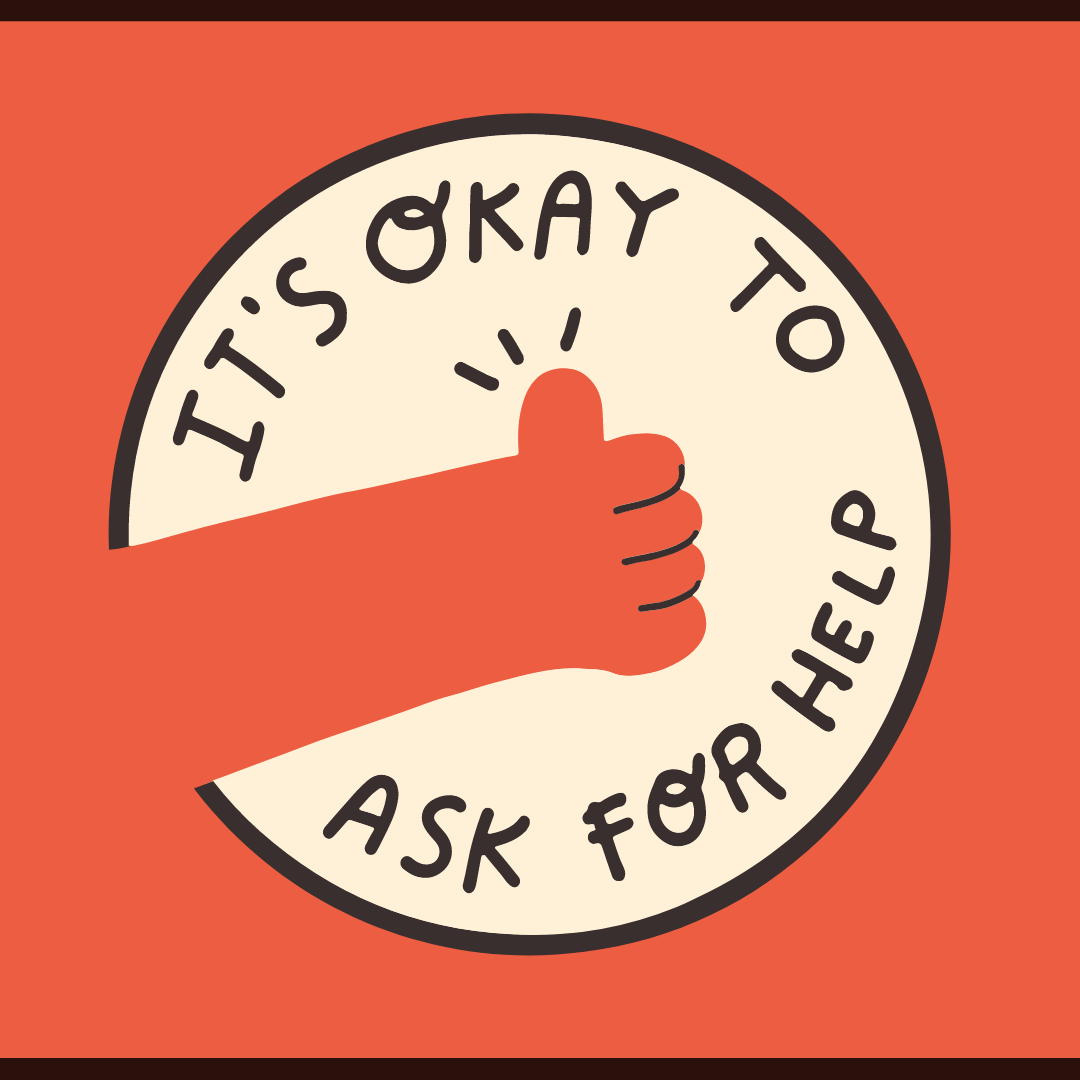- tricky topics
- Posts
- Foster Parent: It's Not My Kid, the Struggle to Love
Foster Parent: It's Not My Kid, the Struggle to Love
Find resources, support, and information for foster parents and children. Learn about fostering, and adoption and is it right for you. You can make a difference.


The worn teddy bear sat on the edge of the bed, its one remaining eye staring blankly ahead. Sarah watched ten-year-old Leo, a wisp of a boy with eyes too old for his face, pick at a loose thread on his threadbare jeans.
He’d been with them for six months, the longest placement he’d ever had, according to his social worker. Six months of tentative smiles, whispered "thank yous," and a heartbreaking quietness that screamed volumes.
Sarah wanted to love him. God, how she wanted to. She and Mark had opened their home with the purest intentions, picturing cozy nights and shared laughter.
Instead, Leo remained a ghost in their house, flinching at sudden movements, hoarding food in his backpack, and waking in the night screaming for a mother he barely remembered.
Sarah tried. She read him stories, made his favorite mac and cheese (the boxed kind, because it was the only thing he’d consistently eat), and tucked notes with silly jokes into his lunchbox. But every gesture felt clumsy and forced. His guardedness was a wall she couldn’t seem to breach.
Sometimes, late at night, she’d sit outside his closed door, tears stinging her eyes, wondering if she was failing him, if her love, so freely given to her own children, was somehow broken when it came to Leo.

One rainy afternoon, Sarah found Leo huddled in the corner of his room, clutching the teddy bear. He was crying silently, tears running down his cheeks.
Hesitantly, she sat beside him. “Hey,” she whispered, her voice thick. “What’s wrong?”
He shook his head, unable to speak. Sarah put an arm around him, a simple, tentative gesture. He stiffened at first, then leaned into her, his small body trembling.
He didn’t say a word, but in that moment, as she held him, something shifted. It wasn't a sudden burst of love, but a crack in the wall, a tiny sliver of connection.
It was a beginning. A long, hard, messy beginning, but a beginning nonetheless. And Sarah knew, with a certainty that warmed her from the inside out, that she would keep trying, keep holding on, until the day that wall finally crumbled completely.
When I heard this story from my friend. It really hurt my heart.
She and her husband had been struggling to be the best Foster Parents they could be but it was clearly difficult for them and the love didn’t come naturally. It was not her biological kid so she did not know Leo’s personality, his trauma nor his communication style.
It made me think how difficult yet rewarding it must be to be a Foster Parent.
It was difficult because this is not their kid and they had to choose to fight through this child’s trauma to show him that they could be trusted and that he had a place of love and comfort.
I would imagine the reward would be that this little one would begin to trust them, show love and affection for them. This child would learn from them and thrive.
Ultimately, the decision to foster is a personal one. It's important to carefully weigh the pros and cons and consider whether you have the emotional capacity and resources to provide a safe and supportive home for a child in need.
Pros of Being Foster Parent

Pros:
Making a difference: Fostering provides a safe and stable environment for children who have experienced trauma or neglect. You can play a significant role in their healing and development.
Personal growth: Fostering can be a transformative experience, teaching you patience, empathy, and resilience.
Family expansion: Fostering can be a pathway to parenthood, either temporarily or permanently through adoption.
Community support: Foster parents often have access to support groups, training, and resources.
Cons of being a Foster Parent
Cons:
Emotional challenges: Fostering can be emotionally demanding, as you may be dealing with children who have experienced significant trauma.
Uncertainty: Foster placements can be temporary, and you may experience the pain of saying goodbye to a child you've grown attached to.
Behavioral issues: Some foster children may have behavioral challenges due to their past experiences.
Financial considerations: While foster parents receive some financial assistance, there may be additional costs associated with caring for a child.
How can we help?

It's tough when foster parents struggle to connect with a child in their care. It's important to remember that this is often a normal reaction, especially considering the child's potential trauma and the challenges of fostering. Here's how we can help and support these families:
1. Offer practical support:
Respite care: Give foster parents a break by offering to care for the child for a few hours. This allows them time to recharge and focus on their own needs.
Meals: Provide home-cooked meals or gift cards for restaurants to ease the burden of meal preparation.
Help with chores: Offer to assist with household tasks like cleaning, laundry, or yard work.
Transportation: Help with transporting the child to appointments, activities, or school.
2. Provide emotional support:
Listen without judgment: Be a listening ear for foster parents to express their feelings and frustrations without fear of criticism.
Validate their feelings: Acknowledge that their struggles are valid and that it's okay to feel overwhelmed or disconnected at times.
Encourage self-care: Remind foster parents of the importance of prioritizing their own well-being and encourage them to engage in activities they enjoy.
Connect them with resources: Share information about support groups, therapists, or counselors specializing in foster care issues.
3. Educate and raise awareness:
Trauma-informed care: Help foster parents understand the impact of trauma on children's behavior and development.
Attachment and bonding: Provide resources on attachment theory and strategies for building healthy relationships with children who have experienced trauma.
Normalizing the struggle: Share stories and experiences of other foster parents who have faced similar challenges to reduce feelings of isolation and shame.
4. Advocate for systemic changes:
Increased funding: Support policies that provide adequate financial assistance and resources for foster families.
Improved training: Advocate for comprehensive training programs for foster parents on trauma-informed care, child development, and attachment.
Better support systems: Encourage the development of more robust support networks for foster families, including access to mental health services and peer support groups.
5. Show appreciation:
Acknowledge their efforts: Recognize and appreciate the dedication and commitment of foster parents, even when they are facing challenges.
Celebrate milestones: Celebrate the small victories and progress made by both the foster parents and the child.
Offer words of encouragement: Remind foster parents of the positive impact they are making in the child's life, even if it's not always immediately apparent.
By offering practical help, emotional support, education, advocacy, and appreciation, we can create a stronger network of support for foster parents and help them navigate the challenges of fostering with greater confidence and resilience.
Resources
If you or someone you know need additional support, here are some resources:
National Foster Parent Association (NFPA):
https://nfpaonline.org/ Offers support, advocacy, and resources for foster, kinship, and adoptive parents.
Child Welfare Information Gateway: https://www.childwelfare.gov/ Provides information on all aspects of child welfare, including fostering.
211: Dial 211 to connect with local resources for health and human services, including foster care support.
Start with your local child welfare agency. They can provide information about resources in your area.
Remember that foster parents and children are not alone. Many resources are available to provide support and help them thrive.
Reply